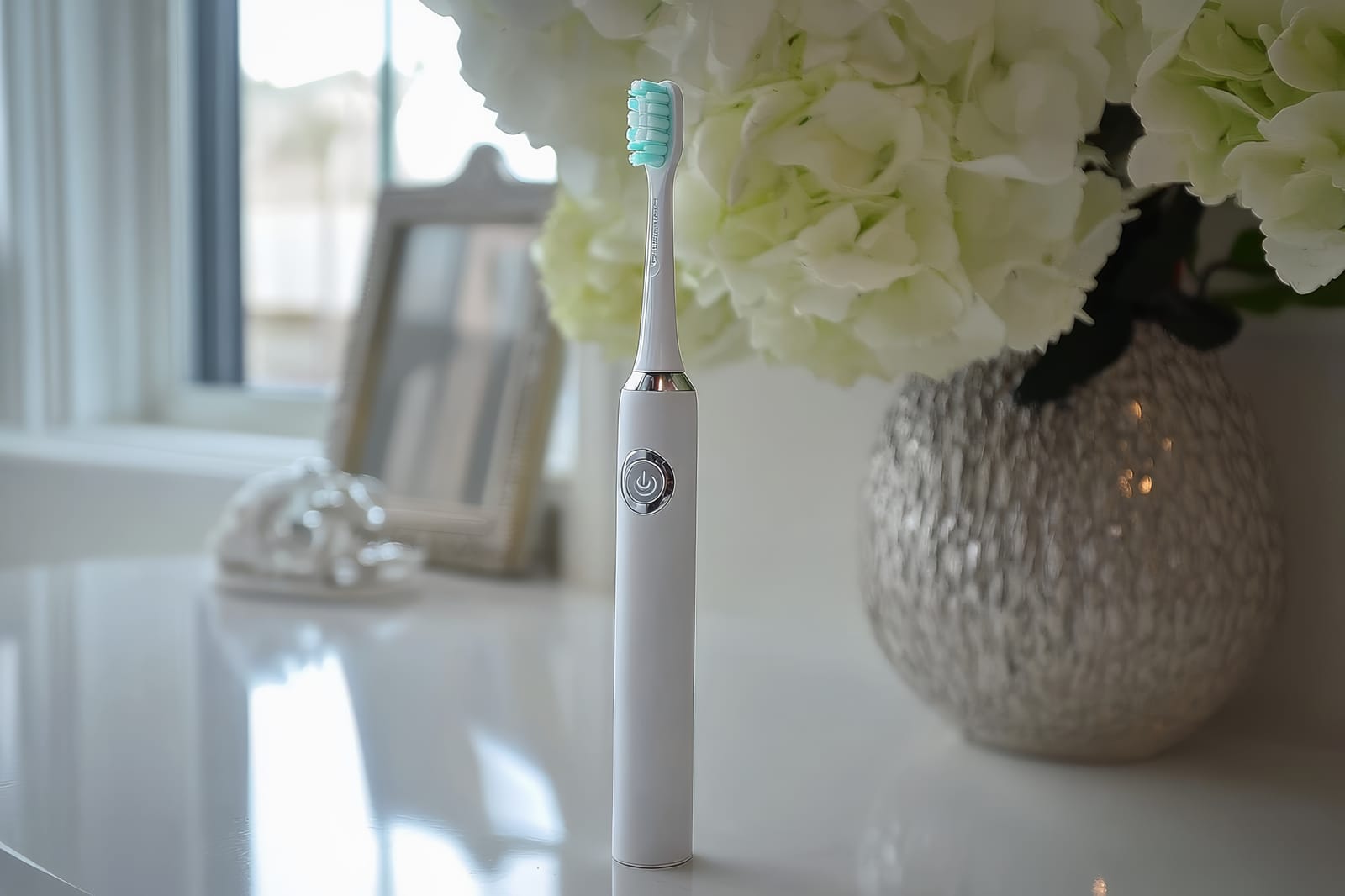Don’t Ignore the Signs: What a Dry Socket Feels Like
 A dry socket is a condition that can occur after you have had a tooth extracted. It is a painful and relatively common complication, occurring in about 5% of cases. In this blog post, we will discuss what a dry socket is, what the signs and symptoms are, and what treatments are available. We hope this information helps you get the relief you need!
A dry socket is a condition that can occur after you have had a tooth extracted. It is a painful and relatively common complication, occurring in about 5% of cases. In this blog post, we will discuss what a dry socket is, what the signs and symptoms are, and what treatments are available. We hope this information helps you get the relief you need!
What is a Dry Socket?
- A dry socket is a condition that can occur after a tooth is extracted. It develops when the blood clot that forms in the socket after the extraction is either dislodged or doesn’t form properly. This can cause the exposed bone in the socket to become visible and irritated. This condition is relatively common after extractions. However, they are more likely to develop after certain types of extractions, such as those that are impacted or wisdom teeth. In most cases, the pain and discomfort associated with a dry socket will resolve within a week. If the pain is severe, your dentist may recommend surgery to remove the remaining bone and tissue from the socket.
What Does a Dry Socket Feel Like?
- A dry socket can be very painful, and people often report feeling a sharp, throbbing pain that radiates from the socket to the ear, eye, or temple. The pain is usually worse when lying down, and it can make it difficult to sleep. Additionally, pain may be made worse by chewing or brushing your teeth. In addition, the socket may be filled with food debris or become infected.
The Signs and Symptoms
- There are a few telltale signs of a dry socket. First, you may notice that the pain from your extraction site is much worse than it was before. It may throb or feel like a sharp, shooting pain every time you move your jaw. You may also see that the socket is empty and looks dry or crusty. The gum tissue around the socket may be swollen or tender to the touch. Other symptoms are bad breath, a foul taste in the mouth, fatigue, fever, and swollen lymph nodes.
If you think you may have a dry socket, it’s important to contact your dentist right away. They will be able to evaluate the socket and determine whether or not it is indeed dry. They may also be able to give you some relief from the pain. In most cases, this condition will heal on its own within a week or two with no lasting damage. However, if it’s not treated properly, it could lead to further complications such as infection.
Can I Prevent a Dry Socket?
- Dry sockets are more common after certain types of extractions, such as wisdom teeth removal. They are also more likely to occur in smokers and people with poor dental hygiene. Fortunately, there are several things you can do to reduce your risk of developing this painful condition. First, be sure to follow your dentist’s instructions for post-operative care. This may include using a special mouthwash or rinsing with salt water. To prevent a dry socket, avoid tobacco products, eat soft foods, and practice good oral hygiene. You should also avoid drinking from straws, as these can dislodge the blood clot.
Treatments For a Dry Socket
- Dry socket treatment typically involves cleaning the socket and applying a medicated dressing. The dressing helps to numb the pain and promotes healing. In most cases, the dressing will need to be changed every few days until the socket has fully healed. An antibiotic may also be prescribed if needed. Most people experience relief within a few days of treatment. For some people, this process takes several weeks. However, this condition is not usually permanent, and most people make a full recovery with no lasting effects.
A dry socket is a serious condition. They usually occur within 3-5 days of tooth extraction and can be very difficult to treat if they are not caught early. If you think you may have a dry socket, contact your dentist today so they can evaluate and treat the condition. Here at St. George Dental, we are happy to help today!
Request an appointment here: https://www.stgeorgedentalcare.com or call St. George Dental Care at (435) 628-9099 for an appointment in our St George office.
Check out what others are saying about our services on Yelp: Read our Yelp reviews.
Recent Posts
Having a sensitive sense of smell can be both a blessing and a curse, as nothing disrupts personal comfort more than an unpleasant odor emanating from your mouth. A common concern for dental patients is the distinct and often embarrassing "rotten tooth smell." Understanding its causes, implications, and the appropriate remedies is crucial for maintaining…
Brushing your teeth is essential for maintaining a healthy, beautiful smile, and using an electric toothbrush takes oral hygiene to the next level. At St. George Dental Care, located in St. George, UT, we're passionate about helping our patients maintain optimal oral health through modern dental practices and expert advice. Electric toothbrushes are revolutionizing dental…
When it comes to maintaining your dental health, understanding the professionals who provide care can make all the difference in your experience. The terms "dentist surgeon" and "dentist" are often used, but many people don't fully grasp the distinctions between them. Are their education, scope of practice, and services they provide the same? Which should…
Does the thought of sitting in a dentist's chair make your palms sweaty? You're not alone. Dental anxiety is something millions of people experience, but we at St. George Dental Care believe visiting the dentist doesn't have to be nerve-wracking. That's why our focus goes beyond just cleanings and checkups—we strive to make you feel…


